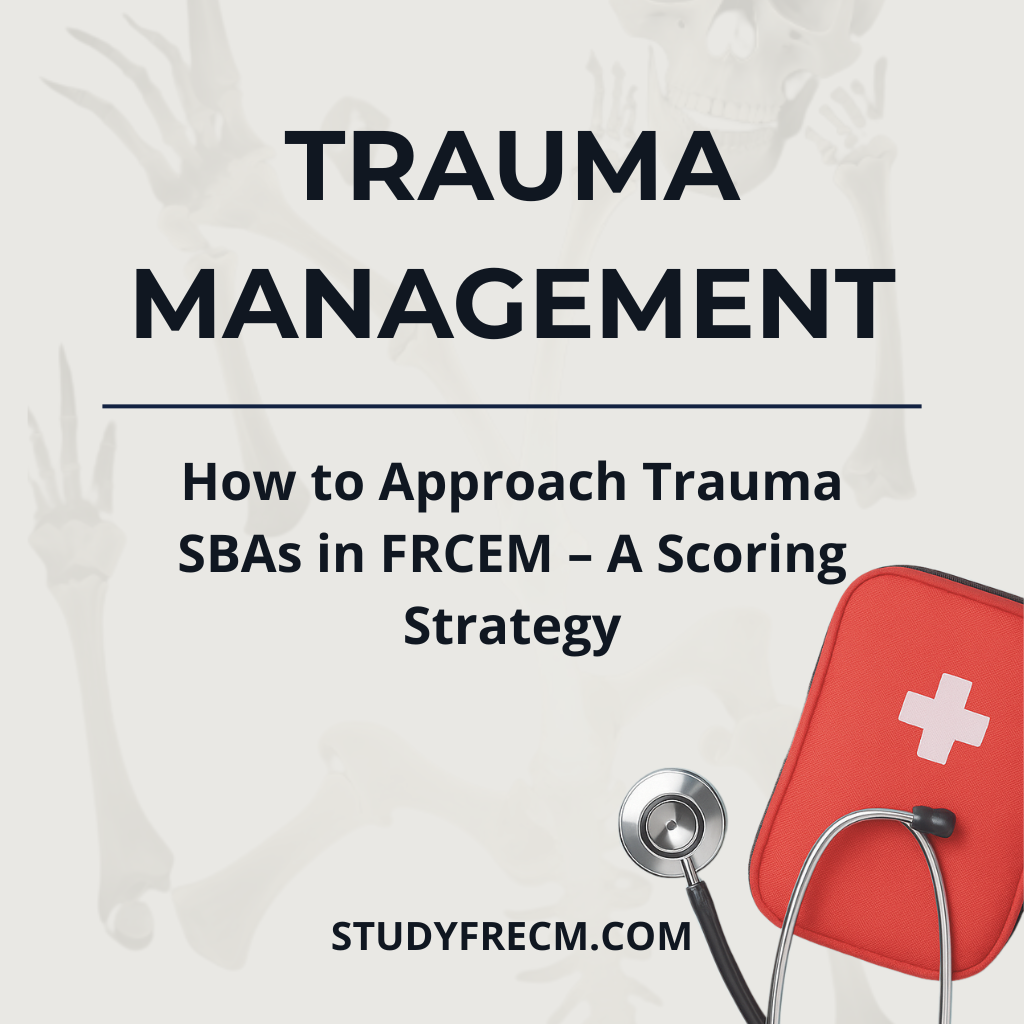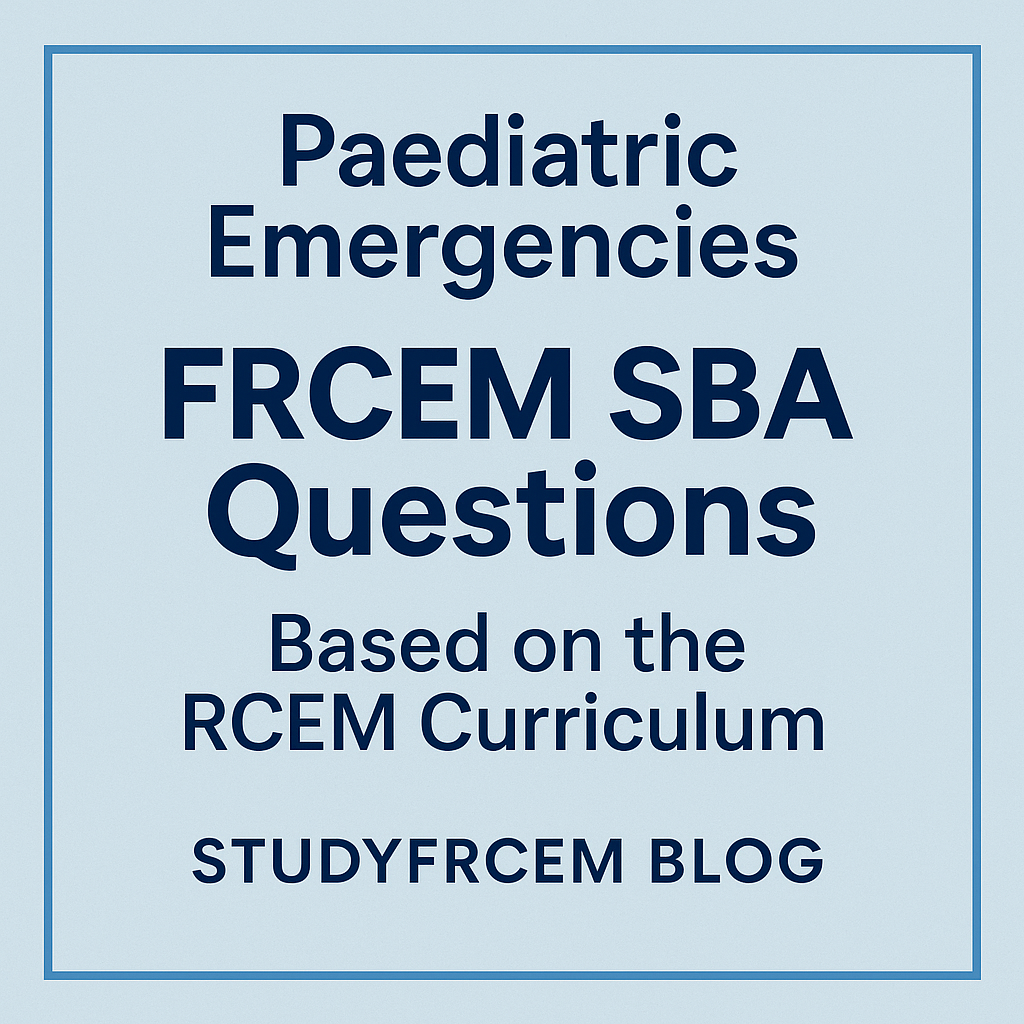1. Getting a Job as an Emergency Medicine Consultant
Many people consider becoming an emergency medicine consultant the next logical step. After completing your FRCEM exams and obtaining CESR or CCT, you can apply for consultant positions in the UK. Consultants oversee patient care, direct emergency medicine teams, and participate in hospital policy development.
For those of you wishing to take less managerial roles, getting a job as an emergency medicine specialist (formerly known as an associate specialist) may be an option. These senior emergency medicine doctors work at the level of a consultant in day-to-day practice on the shop floor but frequently do not do on-calls or participate in the development of the emergency department they work in. They also have a different pay scale with a lower cap.
https://www.bma.org.uk/pay-and-contracts/pay
2. Seeking a Fellowship or Subspecialty
Many doctors, before obtaining consultancy, may decide to train in additional areas related to emergency medicine, such as:
- Paediatric Emergency Medicine (PEM) typically for at least 1 year during specialist training
- Pre-hospital emergency medicine (PHEM): collaborating with critical response teams and air ambulances
- Intensive Care Medicine (ICM), a recognised dual training pathway that confers a CCT in ICM and EM on completion- typically takes at least 8.5 years instead of 6 years.
- Ultrasound fellowships, typically at large tertiary centres, are becoming more prevalent as US becomes more of the emergency physician’s standard toolkit.
Need guidance on career opportunities? Contact us for expert advice!
3. Examining Global Prospects
Due to FRCEM's global recognition, employment opportunities are abundant, including:
- Australia- with the ACEM (Australasian College of Emergency Medicine) recognising FRCEM and CCT- typically, a consultant will need to work under supervision for 6-12 months before being allowed to work as a consultant independently.
- Middle East: Saudi Arabia, Qatar, and the United Arab Emirates have a high need for physicians with the FRCEM exams, although the work and culture will be vastly different from what you may be used to in the UK.
- Canada and the USA: Unfortunately moving to either of these countries post FRCEM is difficult. The USA will require the USMLE exams and a 4-year residency before being allowed to practice as an attending. Canadian requirements are almost as onerous with a the MCCQE in addition to lots of other paperwork requirements.
- Ready to test your knowledge? Try our free quiz demo and sharpen your skills!
4. Research & Academic Positions
You can pursue a career in medical education and research if you like teaching and inventing. Numerous FRCEM holders write for review by experts’ publications, textbooks, and clinical recommendations.
5. Healthcare Management & Medical Leadership
Senior emergency medicine physicians frequently assume leadership and policy-making responsibilities in hospitals. You may advance to the position of Chief Medical Officer (CMO), Clinical Director, or Medical Advisor with experience.
6. Telemedicine & Digital Healthcare
As AI and telemedicine grow, emergency medicine professionals are in high demand for digital healthcare solutions, medical AI development, and virtual consultations.
Take the next step in your emergency medicine career! Register now and start your journey today!
Concluding remarks
An exciting career path begins with the FRCEM qualification. There are many prospects in emergency medicine's future, regardless of your preference for clinical practice, research, leadership, or digital health. Pick a course of action that fits your long-term objectives and passions!
Explore more FRCEM resources and career guidance on our website: StudyFRCEM






